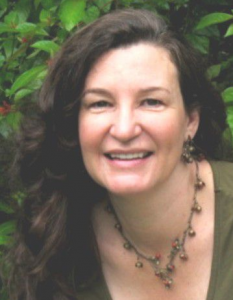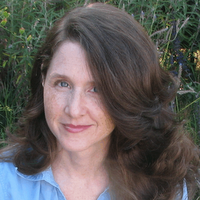Dear Editor…
I’m suddenly hearing that kidlit “hardcovers” aren’t selling, but I’m not sure what that means? Can you explain? Has something happened?
Sincerely,
Wondering
Dear Wondering…
Other writers have asked me similar questions this past week. The prompt seems to be HarperCollins abruptly shuttering its MG/YA imprint Inkyard Press, which comes on the heels of Penguin Children’s dissolving its MG/YA imprint Razorbill and folding those titles and staff into the Putnam Children’s imprint.
At issue are Middle Grade and Young Adult sales. A big factor in what’s happening with their “decline” is… ALGORITHMS.
The algorithms behind online book searches and e-retailer recommendations favor books with a sales history—that is, BACKLIST books, which are primarily paperback. So, when a reader searches for a “good middle grade mystery” online, or looks at an MG mystery book in an e-retailer site and sees “You’d also like these books…”, the algorithms serve them up books that are proven sellers. That hurts discovery of NEW (“frontlist”) books, which are primarily hardcover. Hence Barnes & Nobel’s complaint that it is returning to publishers “up to 80 percent of middle grade hardcovers” that they stocked but didn’t sell. Hence, in turn, the industry’s concerns that B&N has sharply stifled their frontlist MG buys. (B&N denies this.) Check out this sales update on Publishers Lunch last week:
“The main weakness looks to be in children’s hardcovers — down 9%, or $37 million, so far this year. In 2022, children’s books sales totaled $2.619 billion, according to the AAP’s stats. Hardcovers sold $929 million, a 12.5 percent decline, while paperbacks held up much better, at $1.16 billion, down 1.9 percent. While overall trade sales in 2022 were strong, comprising the second best year recorded, children’s hardcover sales were already below their levels from 2020 ($995 million) and 2019 ($944 million). According to Bookscan, frontlist children’s hardcovers have declined far more than backlist, falling more than 20 percent last year.” (Emphasis mine.)
Algorithms favor backlist discovery at the expense of frontlist. Good for popular older titles; not so good for new books, which is what those now-closed imprints were churning out. There are no easy workarounds. Bookstores are trying to increase in-store traffic to get more eyes on new books, expanding events and promotions. Publishers are contributing more money and materials to those efforts and trying to leverage social media (that’s a whole other topic). We can spread the word about others’ new books on social media, and promote our new titles.
Children’s book sales are cyclical. There are up periods and down periods. In the long run, there has always been steady increase. But it’s bumpy along the way, I know. Oh, do I know. I’ve been in this industry 28 years, before ebooks and e-readers, before the children’s books renaissance (at least in the eyes of the general public) in the late 90s. Algorithms aren’t the only factor at play, but they’re a big one. This industry is a challenging one. But authors, writing is WHAT YOU DO. And you do it FREAKING well. Keep at it. Refresh in whatever way you must, but KEEP AT IT.
Happy writing!
The Editor
The Editor, Deborah Halverson, has been editing books for over 25 years and specializes in Middle Grade/Young Adult fiction and nonfiction, New Adult fiction, and picture books. For her editorial guidance in making your manuscript ready for submission to agents and publishers or for self-publishing, click Editorial services. Learn more in her books: Writing Young Adult Fiction for Dummies and Writing New Adult Fiction.

